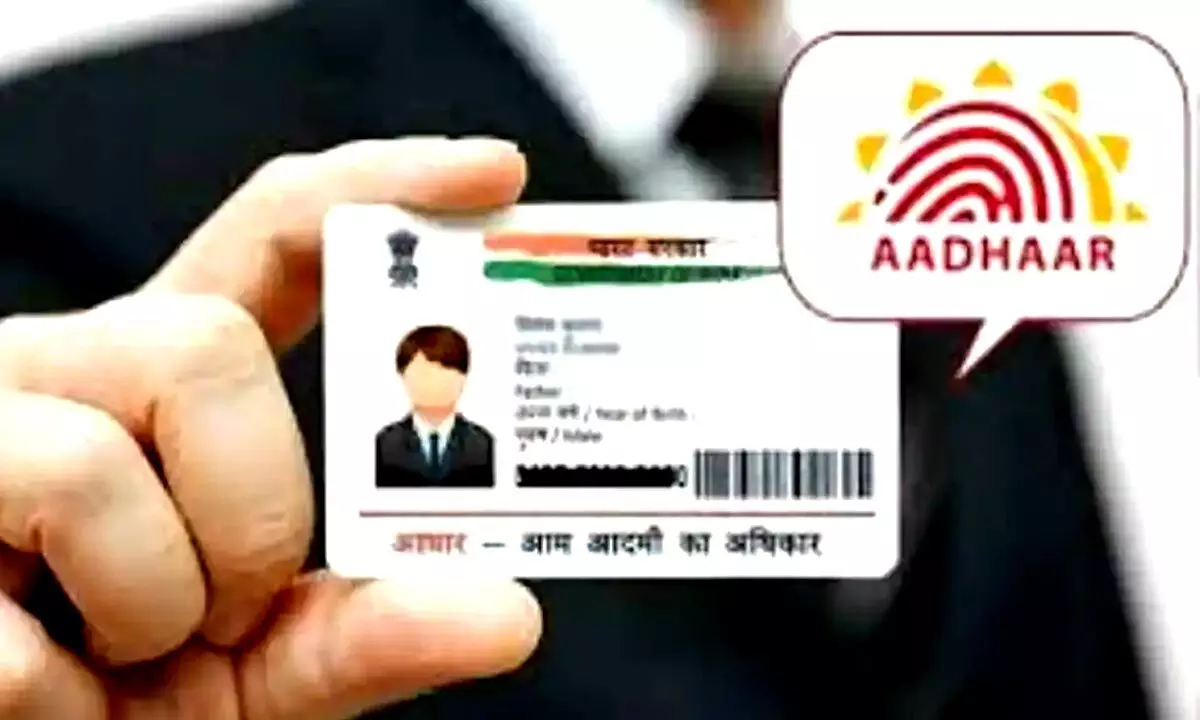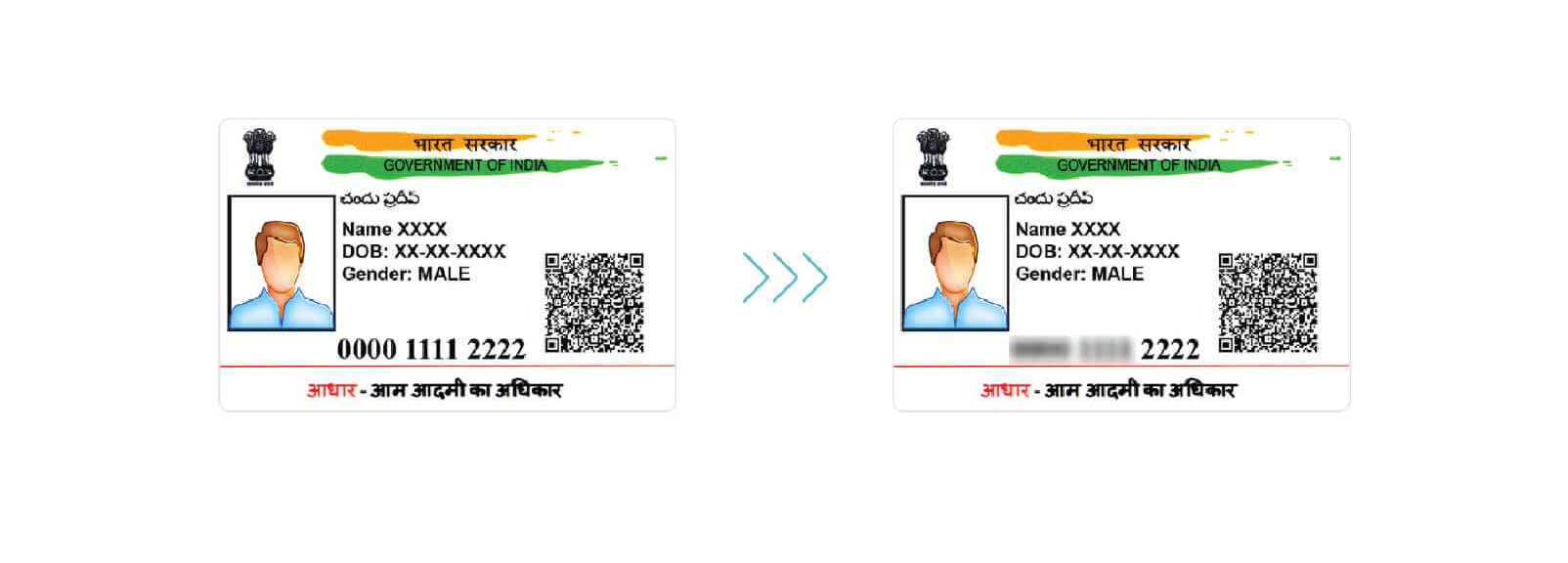Table of content
As the digital age grows and more facilities move online, data security is a must for everyone. In India, the Aadhaar card is one of the most common identification cards people use and it is very important to protect the Aadhaar numbers. One such method for the realization of the above aim is through what is known as “masked Aadhaar”. But is masked Aadhaar valid? So, let us define its meaning, and its legal framework, and discuss why something so privacy-preserving can be so useful in so many situations
Why Privacy is Becoming Essential
With so many services online, organizations now collect personal data. First of all, Aadhaar is an identification number for citizens; therefore, it includes information that should be protected. Hiding the Aadhaar number is as important as protecting it. It must be kept safe for identity authentication processes.
A masked Aadhaar is one in which the first eight digits of the Aadhaar number are obscured while the remaining four digits are made visible. It makes it possible for someone to produce their Aadhaar card identification without revealing the total numbers thus preserving important information. But one key question remains: Is masked Aadhaar legally acceptable?

Why Masked Aadhaar is necessary for future security?
As data privacy concerns grow, so does the need to protect personal info, like the Aadhaar number. Masked Aadhaar is the best way to provide the benefits of Aadhaar-based services to the people while keeping most of their Aadhaar numbers secure. However, the question as to whether masked Aadhaar is valid for secure verification is yet to be answered. The answer is yes. As Masked Aadhaar enables people to use Aadhaar for authentication without revealing any of their details, this is another very important solution for the future of identity management.
Major Benefits of Masked Aadhaars
- Enhanced Data Privacy: A service called masked Aadhaar hides all but the last four digits of the Aadhaar number to prevent fraud.
- Biometric authentication is now common. Most services require an Aadhaar for ID. Masked Aadhaar enables people to display the Aadhaar number while keeping the full number, safe and secure.
- Prevents Identity Fraud: Masking Aadhaar shows only part of the Aadhaar number. This reduces misuse and makes Aadhaar more secure for all.
Is Masked Aadhaar valid legally?
Oh yes! masked Aadhaar runs through whatever the conditions that the actual Aadhaar is supposed to ask for. The UIDAI recently reported that, while achieving the goal, the masked Aadhaar is a valid ID. It meets all legal requirements. They can be utilized for e-KYC, especially in private organizations and areas where the entirety of the Aadhaar number isn’t expected. Some government schemes ask for the full Aadhaar number to deliver subsidies or financial benefits. They may continue to demand the unmasked number.

Where Can You Use a Masked Aadhaar?
For e-KYC Verification: Most companies that need e-KYC for identity purposes accept masked Aadhaar.
- Location Independence: Onboard customers from anywhere in the world.
- Private Sector Services: Telecom, insurance, and finance firms accept a masked Aadhaar as a valid ID, even with a hidden number.
- Digital and Physical Formats: These masked Aadhaar can be shared in electronic and printed formats. This complies with the rules without compromising on sensitive details.
The Role Of Privacy In The Digital Age
Privacy in the Digital Age
In the modern world with its abundance of information, one’s identity numbers and addresses are often submitted by companies. However, if it is not protected, fraudsters could easily access or steal it. Therefore, is masked Aadhaar effective in safeguarding such types of data while making it functional at the same time? It's obvious. Masked Aadhaar is a strong tool for protecting personal data in digital transactions.
Trust and security of data
With the advancement of the digital economy, both the buyer and seller parties require their trust in each other. Firms that handle private data must protect it to build customer trust. Hackings can harm a company's reputation. However, efforts like masked Aadhaar show its commitment to protecting personal data. This can greatly boost consumer trust. It's vital in banking, healthcare, and fintech, where users share sensitive data daily
Enhancing Security by Masking Aadhaar
Masked Aadhaar helps businesses collect only the minimum ID info needed for identification. It avoids sharing the full Aadhaar number to reduce the risk of identity theft. Personal data exposure is minimized. This makes users comfortable with online business. It also improves data security for businesses, reducing fraud and cyber-attacks. Is masked Aadhaar valid in augmenting security? Definitely—it is an essential means of protecting personal data and commercial secrets.
Competitive Advantage of Aadhaar Masking
As the digital market becomes more competitive, the need for modern privacy solutions, like Aadhaar masking, is urgent. Companies that adapt to the latest privacy trends and laws can stand out. The new generation of consumers values privacy. Yet, is the masked Aadhaar legal for companies that want to remain relevant in the market? Indeed, it offers a competitive advantage for building the consumers’ confidence.
Role of Pixl in Aadhaar Masking
At Pixl, we deal with complex innovations in the masking of Aadhaar numbers in documents and documentation. As collections of personal information grow, securing identities, like Aadhaar numbers, is crucial. Our AI-based Aadhaar masking solution is a powerful tool. It can find all Aadhaar numbers in the text and then mask them. This ensures privacy and security from unauthorized access.
is masked Aadhaar valid in secure circumstances? Yes, Pixl's Aadhaar masking solution masks the first eight digits of an Aadhaar number. This avoids revealing sensitive details while being legal. Here’s why Pixl stands out:
- Seamless Integration: Our tech will not disrupt your business processes. So, Aadhaar masking will go as planned.
- High Accuracy: The solution's tech can prevent mistakes while masking Aadhaar numbers using AI.
- Scalable Solution: Regardless, of your size being a start-up or a large corporation, Pixl’s Aadhaar masking solution suits all types.
A Secure Future with Masked Aadhaar
Consequently, the need for secure personal data increases as more services go digital. Masking Aadhaar can be regarded as the most effective method of protecting people’s data while preserving efficiency. Masked Aadhaar can therefore be beneficial to everyone because it allows for high data security about privacy laws.
While, at Pixl we ensure businesses secure the Aadhaar data effectively while implementing the same. Our Aadhaar masking solution keeps users' privacy. It also gives them a good experience. New apps let companies stay relevant and protect customer data in a rapidly online world.
Conclusion
In the world of wannabe hackers, data privacy is of topmost priority and to answer the question of whether masked Aadhaar is valid, yes it is. Masked Aadhaar is legal and essential for two reasons. It protects clients' security and privacy during identity checks. It shows a world where organizations can securely protect customers' details. They can also deliver the integrated services people want in today's society.
Here at Pixl, we’re passionate about supporting you in approaching the future of data security with our pioneering Aadhaar masking service. The time to take your first step toward protecting yourself and your customers is now, by using a masked Aadhaar.